The Dirty Boots
The Stories of a Reluctant Warrior
John F. Holm
Order this book online at www.trafford.com
or email
Most Trafford titles are also available at major online book retailers.
Copyright 2012 John F. Holm.
All rights reserved. No part of this publication may be reproduced, stored in a retrieval system, or transmitted, in any form or by any means, electronic, mechanical, photocopying, recording, or otherwise, without the written prior permission of the author.
isbn: 978-1-4669-4825-9 (sc)
isbn: 978-1-4669-4827-3 (hc)
isbn: 978-1-4669-4826-6 (e)
Library of Congress Control Number: 2012913425
Trafford rev. 07/25/2012
 www.trafford.com
www.trafford.com
North America & international
toll-free: 1 888 232 4444 (USA & Canada)
phone: 250 383 6864 * fax: 812 355 4082
Contents
I
Life Before Vietnam
II
The Nam
Sea Knights, Hueys, and Jolly
Green Giants
III
Dewey Canyon aka
the A Shau Valley
IV
Back to The World
A few special people come to mind when I think of whom to thank for making this project a reality.
My sons, Peter John and Andrew Christian, for encouraging me to write down my memories. Both have also been helpful when I fought with the computer.
Neitcha Valor for being at the right place at the right time to give a lot of computer help.
My sister-in-law, Dr. Stephanie Myers Schim, who took a part of her vacation time to do a readthrough. She offered several good suggestions for clarity and helped fix some loose ends.
A wonderful friend and neighbor, Teresa Misco, MALS, for her editorial assistance, creative energy, encouragement, and moral support. She never changed a story and helped me make them easier to read.
The men who served with me, who inspired these stories and kept me alive to tell them. They will always be my heroes.
My loving wife and special friend, Harriet, who endured the process of this project in both time and clutter, who knew me before and loved me after, and has shared my life for forty-eight years.
Dedication
To my fallen comrades.
I have often said that there is a very thin line between heroism and stupidity; sometimes, only the final outcome determines the name by which it may be called if you survive it or if you dont. Recently, I have read others recollections of some of the same situations that I will describe. It has shown me that people see a given situation slightly differently depending on who they are, where they are standing, and what they are doing at the time. I am sure that their accounts are just as accurate from their vantage point as I have tried to make mine. Since these stories are about me and it is a family history, you should probably know what led up to the events that follow.
After keeping my mother awake all night, I was finally born around eight in the morning of June 22, 1947, in Three Rivers, Michigan. It was here that I lived with my parents and two younger brothers, James D. and Jack A. Holm, a black and white English Setter named Lady, assorted cats, goldfish, turtles, and birds. Our paternal grandparents lived not too far away in our town. Our maternal grandparents lived on a farm a few miles outside town. We visited often with them, as well as with many aunts, uncles, and cousins. My father was a master machinist and worked in a factory, and when we boys were older, Mom worked in a five-and-ten-cent store. We were the kind of hardworking, blue-collar, middle-class American family that was very typical in our country during the post-World War II, Cold War yearsa politically turbulent time during which the communist countries, led by the Soviet Union and China, and the noncommunist countries, led by the United States and most European nations, were trying to exert their power and ideals upon smaller countries around the world. Each side kept making rockets and atomic bombs, trying to be bigger and stronger, in hopes that the developing countries would choose to be like them. It truly was the biggest-kids-on-the-block-fighting-with-each-other scenario. Instead of actually fighting themselves, they used the smaller kids as pawns. They should have been working together to make the neighborhood a nice, safe place for everybody.
We lived in a two-story white house on a street lined with maple trees, across from our grade school, and only five blocks from the high school. We walked to school every day. Although it was not really uphill both ways, in the heavy Michigan snows, there were times it seemed that way. I was a cub scout and a school crossing guard on the corner of our street. I attended the Ninth Street Methodist church regularly and had a newspaper route for six years. I won the Inland Daily Press Newspaper Boy of the Year award twice during that time. I also played the coronet in the high school band, for which I earned my high school letters. I was notably not athletic, so receiving a letter in sports was not likely to happen. I was a fat, uncoordinated bookworm, who, during my sophomore year, stood five feet five inches tall and weighed 225 pounds. I had a few good friends but was never really a part of the in crowd. I studied hard, had a solid B grade point average, and because of a small part in the senior play, earned just enough extracurricular points to graduate from high school with honors.
In November of my junior year of high school, President John F. Kennedy was shot and killed in Dallas, Texas. The new President, Lyndon Johnson, began increasing our troop strength in what was being called a police action in Vietnam. It was really a civil war between the communist-backed north and democracy-supported south. It was happening at a time when young people in their teens and early twenties had been challenged by President Kennedy to make a difference. In his inaugural address, he said, Ask not what your country can do for you. Ask what you can do for your country.
This became the countrys youth mantra.
Many in my generation became very interested in the political process and formed opinions that did not always agree with the current policies. The civil rights movement was gaining momentum, women were becoming more liberated, and humans were preparing for the first steps on the moon. The nightly news was filled with images of large groups of young people demonstrating in the streets. Sometimes this was peaceful and sometimes not. From the battlefields of Vietnam came daily film footage of helicopters, explosions, and dead and dying soldiers. Truly, this was a time of change and growth in our country, complete with the inevitable growing pains.
Because I did not really want to be in a war and the military draft could be deferred for higher education, I applied to college and was accepted at both Western Michigan University and Central Michigan University. I chose the latter but did not do very well there. I was a small-town boy in a big school, with poor study habits and no specific goals. I did, however, meet a wonderful young woman, a dark-haired, hazel-eyed beauty with fantastic legs. When picking her up at her dorm, I would sit where the first part of her I always saw were her beautiful legs coming down the stairway. Her name was Harriet, and she would one day become my wife, but that was still a few years away.
After two semesters, my poor grades made the possibility of being drafted a very real concern again. During World War II, my father had been on a Navy Destroyer in the Pacific. Since I had seen no blue or white uniforms on the six oclock news in recent jungle combat footage, I went to the Navy Reserve Station in Kalamazoo and enlisted. I also enrolled at Southwestern Michigan Community College.
I did much better in a smaller school setting but still had no specific career goal in mind. So I got to thinking, which historically had seldom worked out the way I had planned it. My Navy pretest scores were high, and I could choose from many assignments. I had some interest in the field, so I decided to try medicine. That way I could experience the work, find out if it was something I really wanted to do, earn some money and GI education benefits that would allow me to continue with college, and stay out of Vietnam. If I did go, at least I would be offshore on a ship with three hot meals a day and a clean, dry bed.
Next page
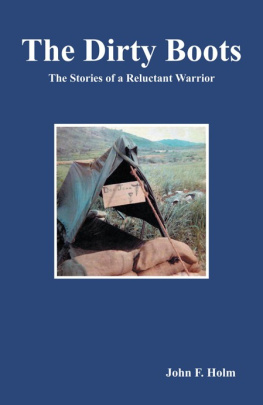
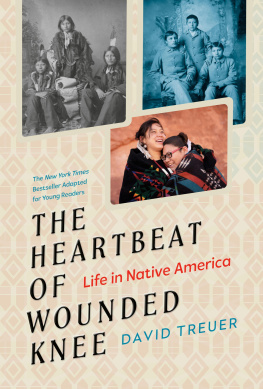
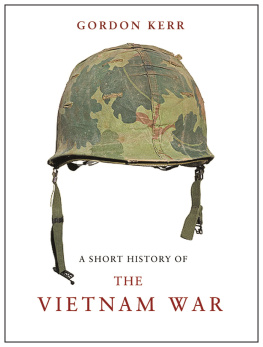
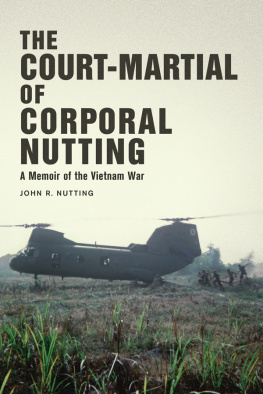
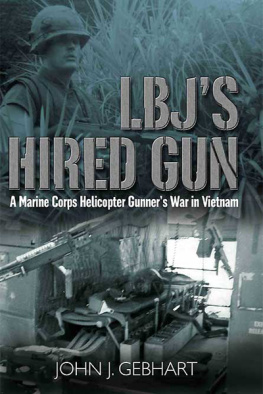
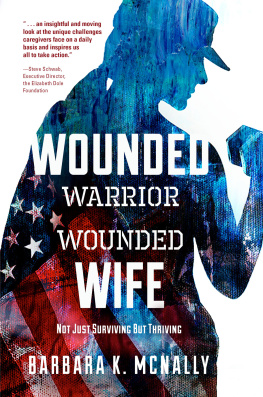

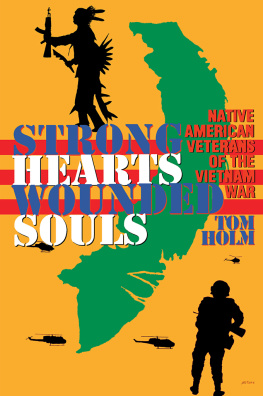
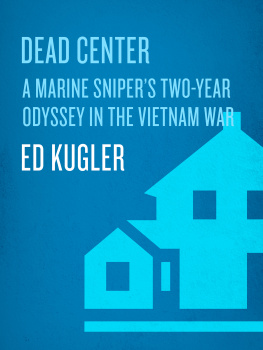

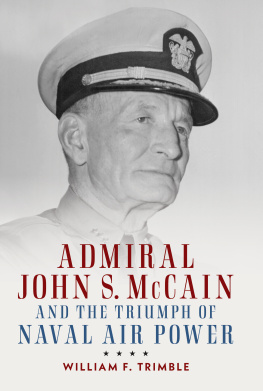
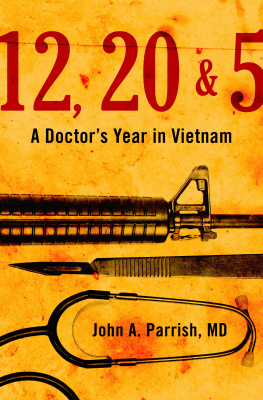
 www.trafford.com
www.trafford.com